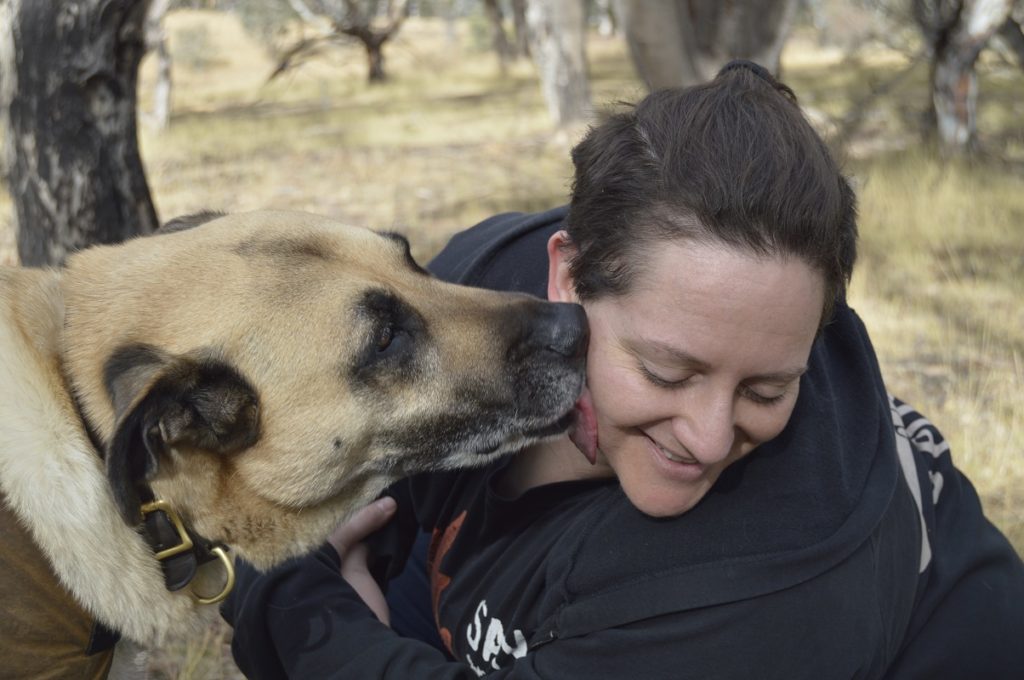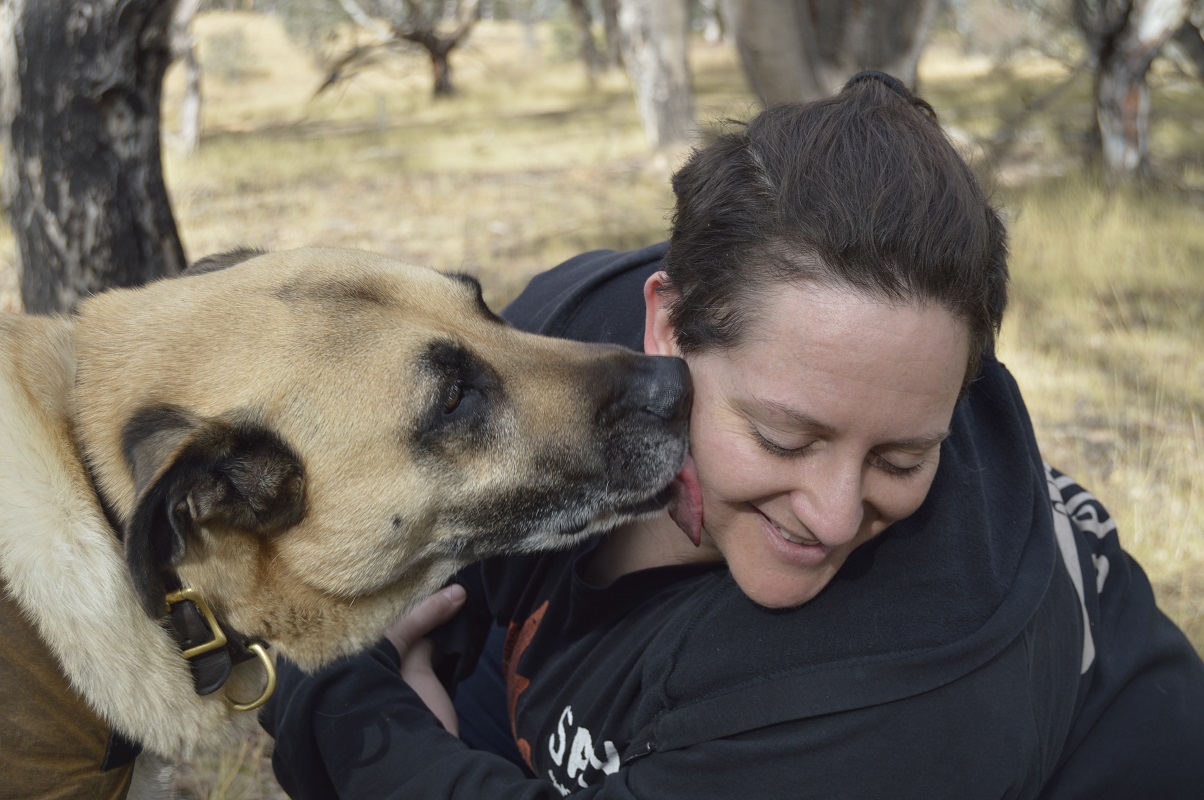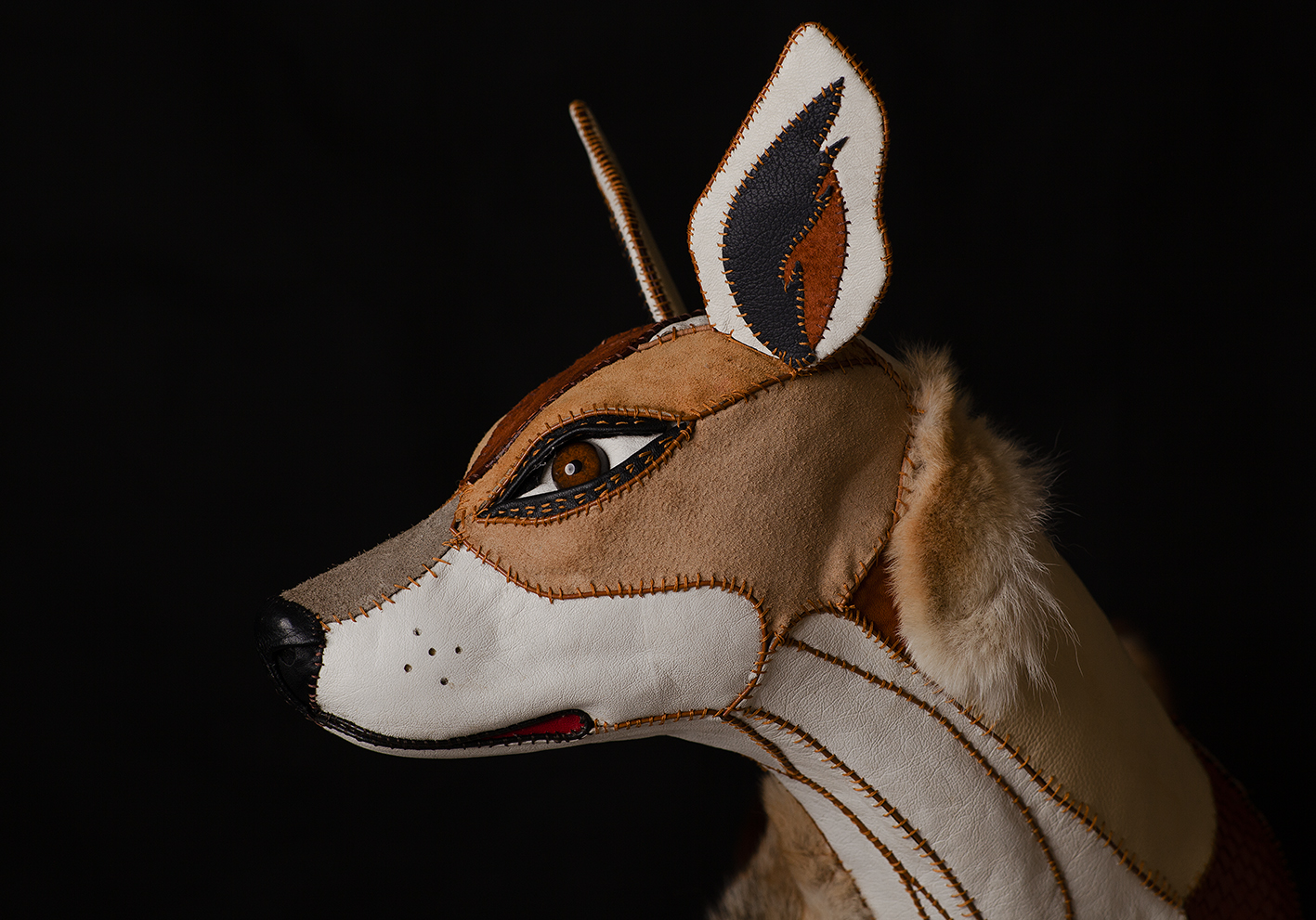The paths we take are rarely linear. Mine has felt like I keep circling around the same topic – knowing animals – but from different angles. I have explored animal rights, intersubjectivity, and conservation, with various species as my teachers. As a child, family pets taught me to think beyond the human – to recognise sentience in all creatures. As an undergraduate, professors taught me about animal physiology, behaviour, evolutionary strategies. I thought studying biology was the only legitimate way of knowing animals. As a primatology postgrad, readings, discussion, and my own research taught me about cognition, sociality, and the so-called ‘missing’ cultural and biological links between nonhuman and human animals. The learning throughout my Master of Science in primate behaviour and PhD in biological anthropology was enhanced through amazing conversations with like-minded primates (who study primates). As a university lecturer, teaching and learning about anthropology taught me to be critical of the disciplinary assumptions I had previously taken at face value. As a human adult in a multispecies family, my dogs taught me what it means to be an animal. They remind me when it’s time to eat, drink, enjoy the sun, and smell the wind.
Having only recently started to engage in feminist and Indigenous scholarship, I am trying to undo the colonial, capitalistic, patriarchal frame that has been thrust upon me. Why did I think that reductive biology and science was the way to ‘know’ animals? Why did I not realise that focusing on primates contributes to speciesism narratives? Why did I value getting degrees about animals over actually being with animals?
My motivation – to know animals – hasn’t changed since I was a child, and it is that childhood perception and acceptance of nonhuman animals that my path has circled back to. Although I took a diversion that reduced other animals to body parts, cells, and sexual strategies; work that boiled down the wonder of observing a critically-endangered primate into easily code-able behaviour – I’ve now stepped back and been able to think about what matters: the tangible, mutual, respectful relationship humans need with the more-than-human world. More than getting a degree, having the press contact me about my work, or being able to impress people at conferences, my biggest motivation is having an animal accept me, know me, value me. I have, thus, been spending my time watching the birds, taking long walks with my dogs, having meaningful conversations with friends, curiously following a trail of ants, and otherwise respectfully co-existing as a member of this more-than-human world.
My current professional goal is to reshape the narrative we have about humanity’s place in the world – to help people realise that we have obligations to life itself, and to regain the childhood wonder associated with nature and we animals – by becoming a secondary school teacher, where I can connect with a broader community. I hope that making animals and nature central to our classroom discussions will provide my students with a deeper appreciation for their own place in the world.
Bio: Rebecca Hendershott’s Masters of Science and PhD both focused on primate behaviour research. While teaching anthropology at the Australian National University, her focus shifted from traditional ethological fieldwork to questioning the narratives humans have around animals. Rebecca is now studying to become a secondary school teacher of the sciences and humanities, continuing her work to differently




